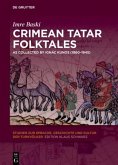
Gebundenes Buch
As Collected by Ignác Kúnos (1860-1945)
22. Juli 2024
De Gruyter
| eBook, PDF | 91,95 € |
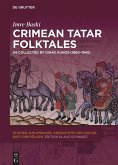
Ähnliche Artikel

Gebundenes Buch
A Linguistic Analysis of a Crimean Karaim Bible Translation
Oktober 2024
De Gruyter
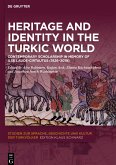
Gebundenes Buch
Contemporary Scholarship in Memory of Ilse Laude-Cirtautas (1926¿2019)
24. Oktober 2023
De Gruyter
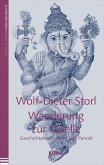
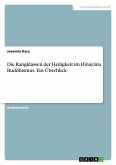
Broschiertes Buch
1. Auflage
16. Juni 2020
GRIN Verlag

Broschiertes Buch
1. Auflage
8. Dezember 2015
GRIN Verlag

Broschiertes Buch
Vom Orientalischen Seminar zum Seminar für Nahoststudien der Universität Basel (1919-2019)
14. Oktober 2019
Schwabe Verlag Basel
3935
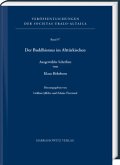
Gebundenes Buch
Ausgewählte Schriften von Klaus Röhrborn
10. März 2023
Harrassowitz
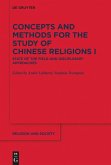
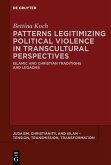
18,99 €
Versandfertig in 6-10 Tagen
Broschiertes Buch
Islamic and Christian Traditions and Legacies
1. Auflage
20. Juni 2016
De Gruyter
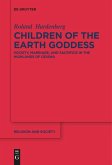
Broschiertes Buch
Society, Marriage and Sacrifice in the Highlands of Odisha
2. Dezember 2019
De Gruyter
Ähnlichkeitssuche: Fact®Finder von OMIKRON
